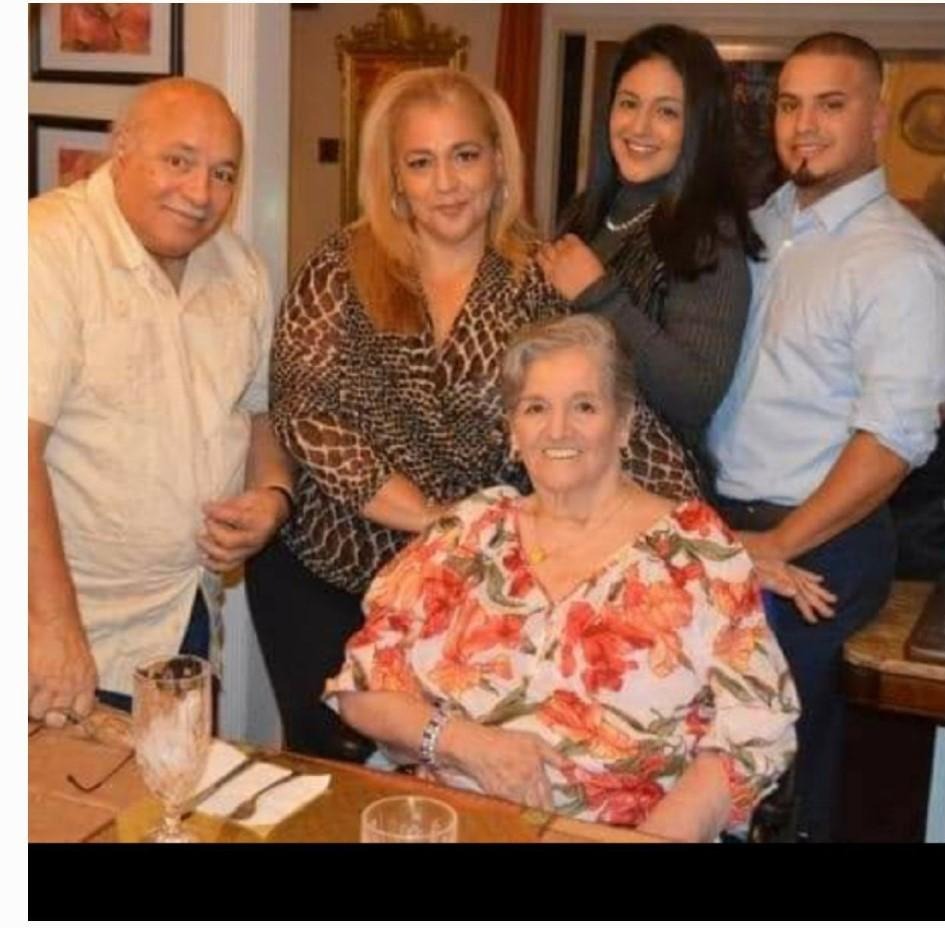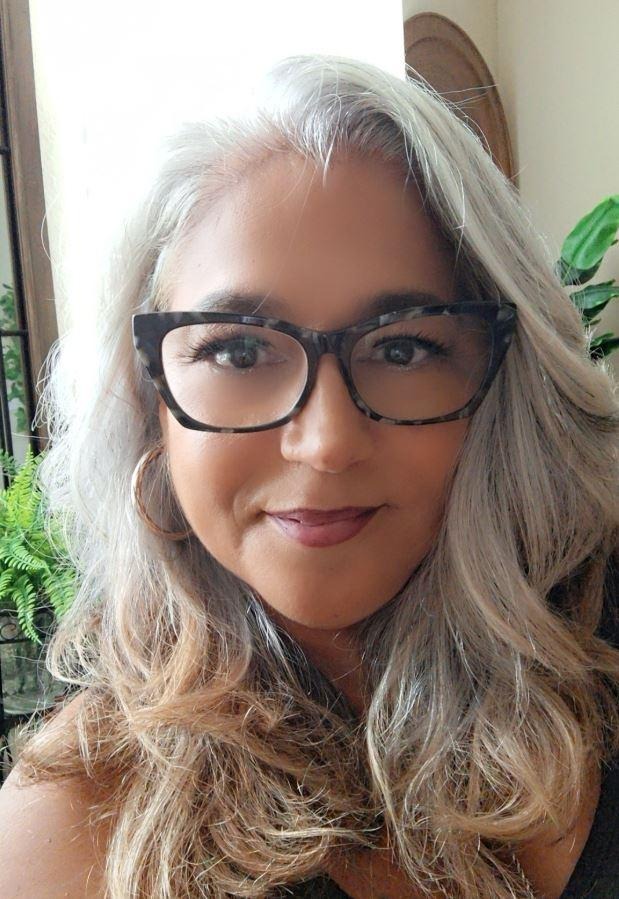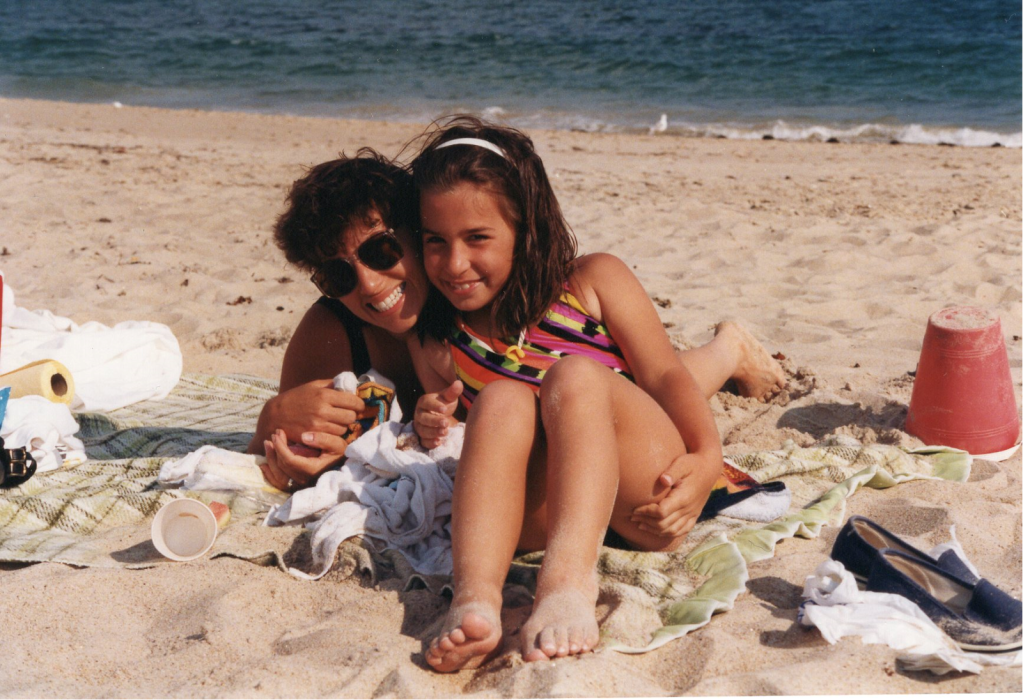
Finding Strength in Self-Care: A Letter to the Sandwich Generation
The phrase, “Sandwich Generation” refers to adults who are simultaneously responsible for caring for their own children and their aging parents. As a former caregiver, this phrase described me best.
I became a caregiver at 16 years old for my mother after her stroke and continued in that role for most of my life thereafter. By the time I reached my 30s, I was caught in the middle of two major caregiving responsibilities: raising my only daughter while caring for my disabled mother and being a support for my aging father.
Millions of adults juggle parenthood, school drop-offs, a full-time job, and some, like me, are even part-time students. There are doctor’s appointments, employment obligations, medication schedules, homework, and daily upkeep at home. That constant pull between priorities, and in some cases, generations, can be overwhelming.
Finding An Outlet to Reduce Caregiver Stress
Like many caregivers, stress, exhaustion, and guilt often followed me during this time in my life. Those challenges were undeniable, but I held on to one constant that became my go-to source of stress relief. It is what I credit for being my saving grace and is still an activity I enjoy: wall ball.
Being from Brooklyn, New York, I was introduced early on to wall ball, also known as hand ball. In addition to being good exercise, this sport gave me a competitive outlet. I unapologetically carved out 90 minutes every week, and it’s something I would prioritize for years to come. It’s also the game my mom and I were playing in the backyard the day before her stroke.
One of the most overlooked needs in caregiving is the caregiver’s own well-being. Many of us in the sandwich generation pour all our energy into supporting others, leaving little time or attention for ourselves. Over time, this neglect can lead to burnout, health issues, or emotional fatigue.
I learned this early on from my own mother. She was a wonderful wife to my dad, a loving mother of 4, and a bridal gown maker. However, she internalized all her stressors: the state of the household, the kids being taken care of, making sure dresses were made to order, and more. My mother cared for everyone and gave 110% to her family and her business, however, she rarely gave herself those small breaks. That’s when I learned the importance of making time for myself, which I found joy doing with wall ball.

Breaking the Cycle
I didn’t want to follow the same path as my mom, who had a stroke at 44, or my grandmother, who passed away at 52 from a heart attack. I knew my family’s medical history, and I knew I needed to make different choices if I wanted to be there for the people who depended on me. That vision became my “why.”
For 16 years, we cared for my mother through dementia, and for the last 10 of those, she was bedbound. Our family was large and loving, but at the heart of that care were my dad, my daughter, and me. Like so many in the Sandwich Generation, I learned that showing up for others requires first showing up for yourself. My commitment to my own health was essential. It’s what allowed me to be present through every chapter, from raising my daughter to honoring my mom’s final years with the love and dignity she deserved.

That’s the lesson I carry forward. It is vital to remember that self-care is not selfish; it is the foundation of effective caregiving. Simple but intentional practices can make a difference, and regular health checkups can address things before they become major problems. Small breaks each day, whatever that looks like for you—take them. They’re not luxuries; they’re lifelines.
Caregivers who take care of their own physical and emotional health in the end have more strength to provide support to both children and parents. It’s not about stepping away from the people you love; it’s about ensuring you’re strong enough to keep showing up for them.
About the author:

Jeanette Arce is a bilingual Enrollment Specialist at Careforth, helping connect health plan members to the Caregiver Coaching Program. With nearly 30 years of healthcare experience and a background in organizational management and counseling from St. Joseph’s University, she brings both expertise and empathy to her work. Jeanette has been with Careforth since 2022.


